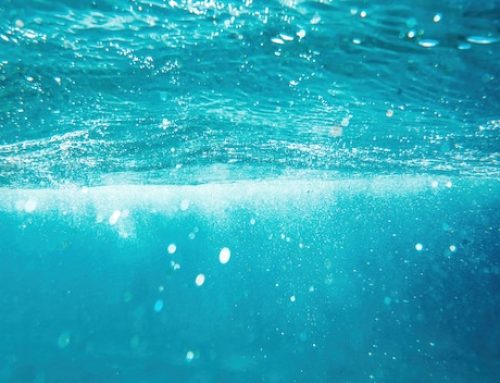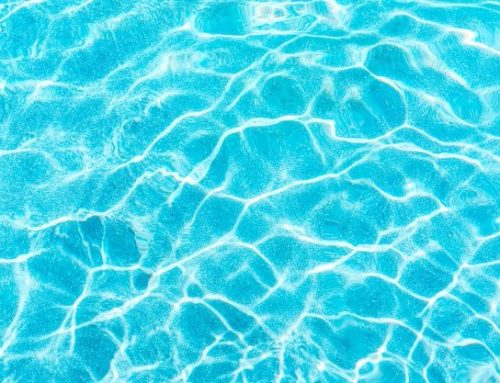Introduction
Swimming is a popular and exciting sport that offers many benefits to individuals of all ages. However, just like any other sport, it has certain rules and regulations that must be followed for the safety and well-being of all participants. Some rules are obvious, while others may not be as well known. In this blog post, we will discuss what is not allowed in swimming.
No Doping
One of the most important rules in swimming is that doping is strictly forbidden. Doping refers to the use of prohibited substances or methods to enhance performance. The use of these substances or methods can have serious health consequences and goes against the principles of fair play in sports. All swimmers are subject to drug testing and any positive results will result in disqualification and potential bans from future competitions.
No False Starts
Another key rule in swimming is that no false starts are allowed. False starts occur when a swimmer leaves the starting block before the starting signal has been given. Even a small jump forward before the signal can result in disqualification. False starts not only disrupt the race but also give swimmers an unfair advantage. Therefore, all swimmers must wait for the starting signal before beginning the race.
No Illegal Strokes
Swimming strokes are an essential part of any swimming competition. However, there are specific rules that must be followed regarding the execution of these strokes. For example, swimmers must not pull on the lane rope or use the bottom of the pool to gain an advantage. Additionally, swimmers must stay within their designated lane and cannot interfere with other swimmers’ strokes.
No Assistance Allowed
Swimmers are not allowed to receive any assistance during their race. This includes support from coaches, other swimmers, or use of any equipment that could give them an unfair advantage. Swimmers are only allowed to use equipment that is specifically approved by the governing body of the competition, and only for specific purposes like training or rehabilitation.
No Disrupting the Course
Swimming competitions require precision and order, and swimmers are not allowed to disrupt that order. This includes actions such as blocking or grabbing other swimmers, interfering with the course markings or lane ropes, or any other behavior that could jeopardize the race. Any swimmer who disrupts the course may face disciplinary action.
No Unsportsmanlike Conduct
Unsportsmanlike conduct is not allowed in swimming as it is against the principles of fair play and respect for other competitors. This can include using abusive language, making obscene gestures, or any other behavior that undermines the spirit of the competition. Swimmers who exhibit unsportsmanlike conduct may face fines or disqualification.
Conclusion
Swimming is a fun and healthy activity that requires discipline, skill, and adherence to rules and regulations. Knowing what is not allowed in swimming ensures that everyone can enjoy this sport safely and fairly. Every swimmer must respect these rules, not just to avoid disqualification, but also to promote the spirit of healthy competition and fair play.






